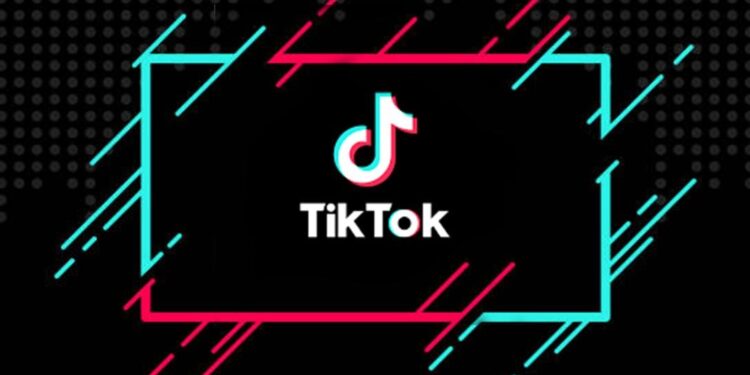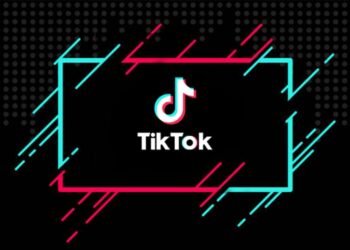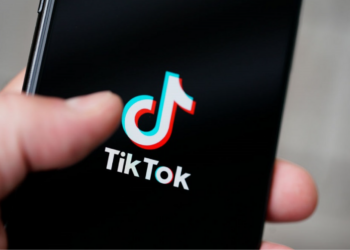TikTok is facing a fresh wave of legal challenges in the U.S. after 13 states and the District of Columbia filed lawsuits accusing the social media giant of failing to protect young users from harm.
The lawsuits, filed separately in New York, California, Washington D.C., and 11 other states, allege that TikTok’s platform is designed to be addictive, exploiting children’s vulnerability to boost profits.
The lawsuits intensify TikTok’s ongoing legal battle with U.S. regulators, with the plaintiffs seeking financial penalties and increased accountability for the Chinese-owned company.
According to the states, TikTok’s software is intentionally designed to keep users, particularly children, engaged for extended periods, raising concerns about mental health and the efficacy of its content moderation efforts.
The allegations
California Attorney General Rob Bonta stated that TikTok “intentionally targets children” because they lack the capacity to create healthy boundaries around addictive content.
He added that the platform’s algorithm encourages prolonged use to increase ad revenues.
New York Attorney General Letitia James echoed similar concerns, emphasizing the platform’s negative impact on young users’ mental health.
“Young people are struggling with their mental health because of addictive social media platforms like TikTok,” James said.
In response to the lawsuits, TikTok strongly denied the allegations, calling many of the claims “inaccurate and misleading.”
- The company expressed disappointment that the states chose litigation instead of collaborating on industry-wide solutions.
- TikTok pointed out that it has implemented safety measures, including default screen time limits and enhanced privacy settings for users under 16, to address concerns about young people’s exposure to harmful content.
Additional allegations
Beyond the accusations of addiction, Washington D.C. Attorney General Brian Schwalb alleged that TikTok operates an unlicensed money transmission business through its live streaming and virtual currency features. He described TikTok as a platform “dangerous by design,” aimed at getting young users addicted to their screens.
- One of the more disturbing claims came from Washington state’s lawsuit, which accused TikTok of facilitating the sexual exploitation of underage users, equating the platform’s live streaming and virtual currency features to operating “like a virtual strip club with no age restrictions.”
- The latest lawsuits follow a broader investigation launched by eight states, including California and Massachusetts, in March 2022, probing TikTok’s impact on young people.
- In August, the U.S. Department of Justice also sued TikTok for allegedly failing to protect children’s privacy on the app. Other states like Utah and Texas have previously filed similar suits, accusing the platform of putting children at risk.
What you should know
- TikTok’s parent company, ByteDance, continues to face mounting pressure from U.S. regulators. The company is currently fighting a potential ban on the app in the U.S., as lawmakers express concerns over privacy, security, and the app’s ties to China.
- As the legal battle intensifies, TikTok will be forced to defend its business practices amid growing scrutiny over its impact on younger users and its broader regulatory compliance.
- Meanwhile, figures published in ByteDance’s advertising resources indicate that TikTok had 23.84 million users aged 18 and above in Nigeria in early 2024.


























